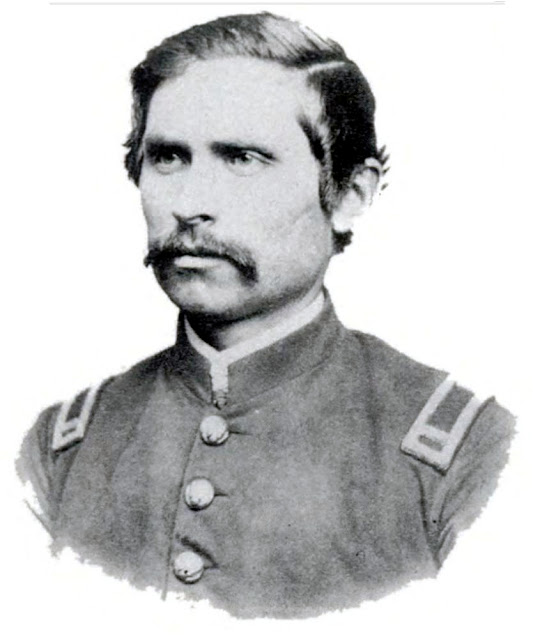Christmas Gift Idea in Boston, December 1871: Gilmore's History of the National Peace Jubilee

Patrick S. Gilmore's signature book, History of the National Peace Jubilee and Great Musical Festival, was advertised as a Christmas gift idea by the Boston Evening Transcript in December 1871 leading up to Christmas. The 758-page, 6 x 9" volume, published by Gilmore himself, was released in late summer 1871 and which sold for $5.00 by Lee & Shepard, a publishing and bookselling firm on Washington Street in Boston. The book was an exhaustive account of the National Peace Jubilee, which took place in Boston on June 15-19, 1869, a musical celebration of peace devised by Gilmore himself to mark the aftermath of the Civil War. More than 1,000 musicians and 10,000+ vocalists performed during the five-day Jubilee in the section of Boston now known as Copley Square. U.S. President Ulysses S. Grant attended the event, and top musicians included violinists Ole Bull and Carl Rose and vocalists Madame Parepa-Rosa and Adelaide Phillips. Despite early c...


